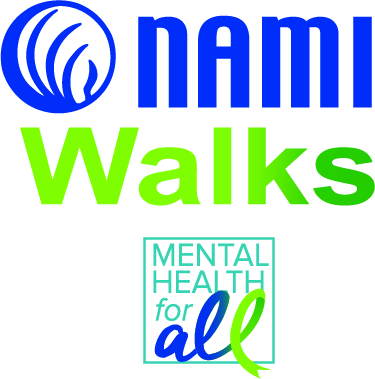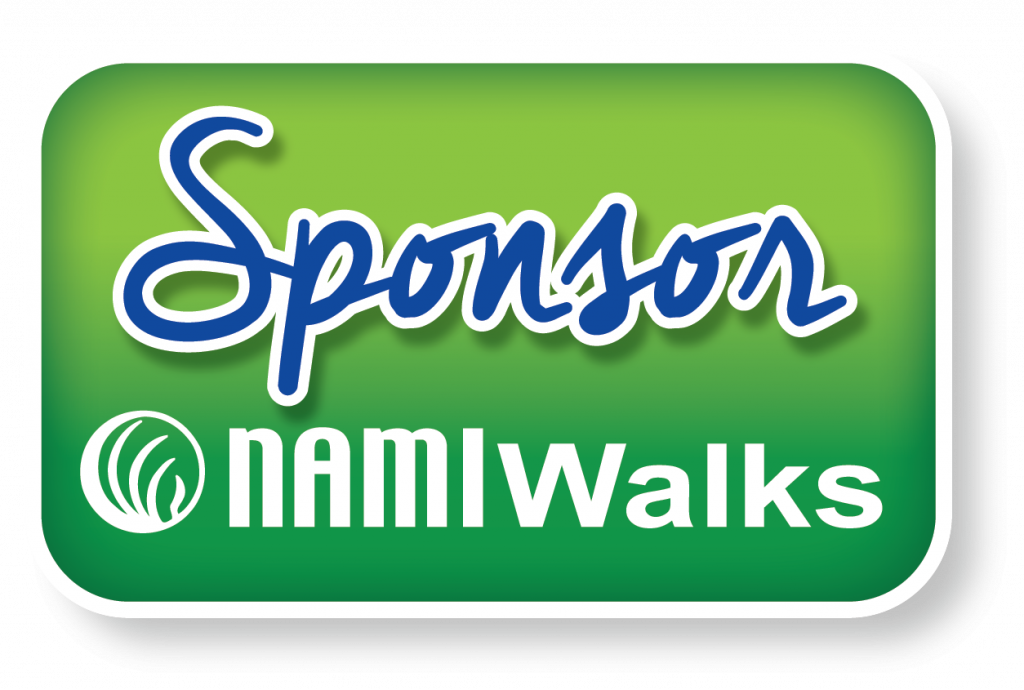My journey to recovery began with a terrifying prolonged break from reality. I was experiencing audio and visual hallucinations and found myself in the hospital.
It was difficult for me to believe I had a mental health problem. I blamed everything from a cochlear implant to food poisoning as the cause of my erratic behavior. I couldn’t accept that it was a mental illness even though my symptoms subsided while medicated. I quit my treatment after a month. I wasn’t crazy; there was no reason for me to be taking antipsychotics.
The lack of treatment lead to further psychotic episodes. Due to my online activities during an episode, I found myself in legal trouble for terroristic threatening. When local authorities found me, they knew something wasn’t right. I was not in a normal state of mind. I was delusional. For safety reasons, I was jailed for observation until being charged with terroristic threats.
During processing, I told them about my former diagnosis. Even though I didn’t believe I was mentally ill, they began treating me. It took a few weeks for the medicine to counter my psychosis. I was still having hallucinations. I began questioning my sanity when I saw children watching a movie and eating popcorn in the jail.
I served my time for the initial charge and was offered help if I would willingly participate in a program called Mental Health Court. I agreed to do so, and it was a decision I have never regretted. It was the first step of my recovery journey.
Mental Health Court helped me find the right resources I needed that I would not have found on my own. An important part of my recovery is access to peer support. Without the resources provided by the Mental Health Court, I would have never maintained treatment. I am sure I would still be homeless, depressed, and dealing with a serious mental illness on my own. I know I would have never been victorious with my battles.
NAMI Lexington’s Fayette County Mental Health Court helped me better understand my illness, facilitated a recovery plan and taught me life-changing coping skills I would have never learned on my own. They connected me to the vital supports necessary for my recovery.
It isn’t hopeless. Recovery is possible.





